Understanding Pet Dental Health and the Need for Dental Surgery
The Importance of Dental Care in Pets
Dental health is a vital component of your pet’s overall well-being. Neglecting oral hygiene can lead to more than just bad breath; it can result in infections, disease, and complications that significantly impact your pet’s quality of life.
Common dental issues in pets include:
- Periodontal disease – A progressive condition that affects the gums and supporting structures of the teeth.
- Tooth decay and fractures – Can cause pain, difficulty eating, and infection.
- Tooth loss – Affects chewing ability and can lead to jawbone deterioration.
If left untreated, dental disease can allow bacteria to enter the bloodstream, potentially leading to infections in the heart, liver, and kidneys.
Long-Term Effects of Poor Dental Health
Dental issues may begin with plaque buildup, which hardens into tartar and leads to gum inflammation (gingivitis). Without treatment, gingivitis progresses to periodontitis, causing:
- Painful abscesses
- Tooth loss due to damaged supporting structures
- Bone loss in the jaw, affecting stability
- Systemic infections that can impact major organs
Because pets often hide discomfort, dental disease may go unnoticed until serious complications arise.
Identifying Signs of Dental Problems in Pets
Recognizing early signs of dental disease can help prevent severe health complications. Symptoms include:
- Persistent bad breath
- Difficulty chewing or reluctance to eat hard food
- Pawing at the mouth or excessive drooling
- Visible tartar buildup on teeth
- Red, swollen, or bleeding gums
- Loose or missing teeth
Regular veterinary check-ups are crucial for early detection and management of dental issues.
Learn about diagnosing and treating fractured teeth in pets.
When Is Dental Surgery Necessary for Your Pet?
Common Dental Conditions Requiring Surgery
While routine cleanings can prevent many dental issues, some conditions require surgical intervention, including:
- Severe periodontal disease – When the infection has reached the deeper structures of the tooth.
- Tooth fractures – Exposed pulp can cause extreme pain and infection.
- Tooth root abscesses – Infections that develop beneath the gumline, requiring extraction.
- Malocclusions (misaligned teeth) – Can lead to difficulty eating and chronic discomfort.
Risks of Avoiding Necessary Dental Surgery
Without proper treatment, dental disease can lead to:
- Chronic pain and inflammation
- Severe infections and abscesses
- Tooth loss that affects jaw structure and function
- Increased risk of organ damage from bacteria in the bloodstream
Read more about dental radiography in pets.
What to Expect During Pet Dental Surgery
Preparing Your Pet for Dental Surgery
Before surgery, your veterinarian will perform:
- A pre-surgical exam – Ensures your pet is healthy enough for anesthesia.
- Blood tests – Check for underlying health conditions that could affect recovery.
- Fasting instructions – Most pets must refrain from eating for several hours before anesthesia.
The Dental Surgery Process
- Anesthesia Administration – Ensures a pain-free procedure and allows for thorough treatment.
- Comprehensive Oral Exam and X-rays – Identifies hidden issues below the gumline.
- Surgical Procedures – Includes tooth extractions, gum surgery, or treatment of infections.
- Scaling and Polishing – Removes plaque and tartar buildup to prevent future issues.
- Post-Surgical Monitoring – Your pet is carefully observed as they wake from anesthesia.
Learn about pain management options for pets undergoing dental procedures.
Pain Management in Pet Dental Surgery
Pre- and Post-Surgical Pain Relief
Pain control is essential before, during, and after dental surgery. A multimodal approach often includes:
- Local anesthetics – Numb affected areas.
- Anti-inflammatory medications – Reduce swelling and discomfort.
- Opioid pain relief – May be prescribed for severe pain cases.
Explore multimodal pain management for periodontal therapy.
Post-Surgical Care and Recovery
Home Care After Dental Surgery
- Administer prescribed medications exactly as directed.
- Feed a soft diet for a few days to avoid irritation.
- Provide a calm, quiet space for rest and healing.
Recognizing Complications After Surgery
Contact your veterinarian immediately if you notice:
- Excessive bleeding that does not stop.
- Swelling, redness, or discharge around the mouth.
- Persistent refusal to eat or drink.
- Sudden behavioral changes, such as lethargy or agitation.
Read about the dangers of certain dog chews.
Long-Term Dental Health Management
Preventing Future Dental Issues
A proactive approach can significantly reduce the risk of dental disease:
- Brush your pet’s teeth daily with pet-safe toothpaste.
- Schedule routine dental exams and professional cleanings.
- Provide appropriate dental chews and toys.
- Use specialized diets designed to promote oral health.
The importance of regular dental radiography in pets.
FAQs About Pet Dental Health
How often should my pet receive a dental check-up?
Most pets should have a dental check-up once a year. Pets with a history of dental issues may require more frequent visits.
Can I use human toothpaste for my pet?
No. Human toothpaste contains ingredients that can be toxic to pets. Always use a pet-specific toothpaste recommended by your veterinarian.
How do I know if my pet needs a tooth extraction?
Signs like severe bad breath, difficulty eating, visible decay, or loose teeth may indicate the need for an extraction. A veterinary exam and dental X-rays can confirm.

What’s the best way to brush my pet’s teeth?
Use a soft-bristled pet toothbrush and vet-approved toothpaste. Start slow, and make it a positive experience with rewards and praise.
Prioritize Your Pet’s Dental Health Today
Dental health is directly linked to your pet’s overall well-being. Regular check-ups, preventive care, and timely intervention can prevent painful conditions and extend your pet’s life.

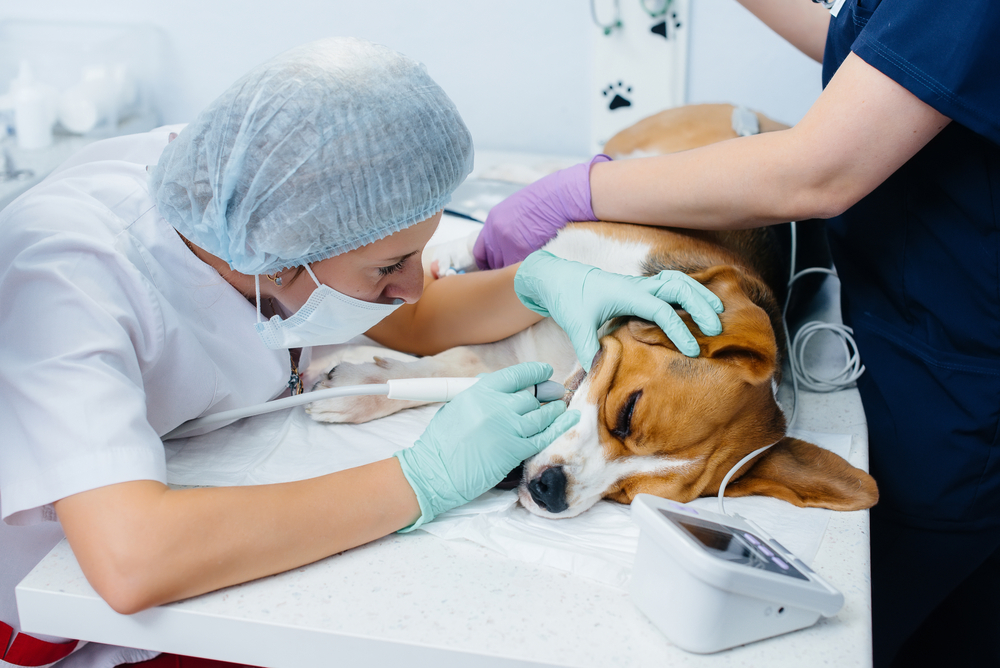
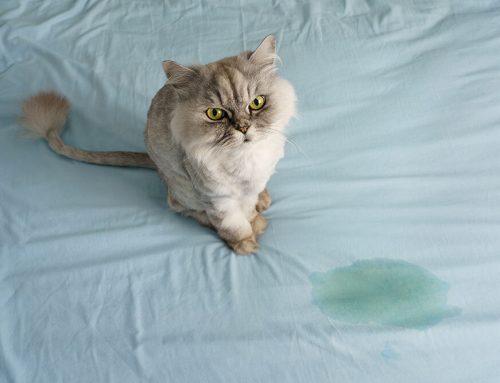
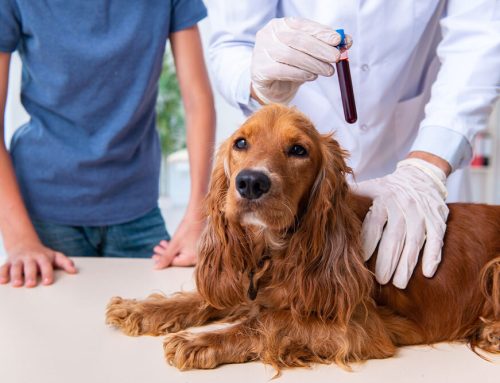
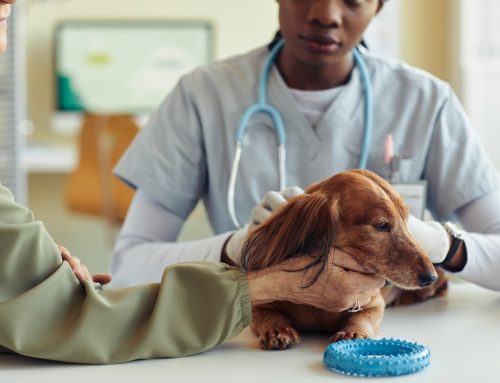

Leave A Comment